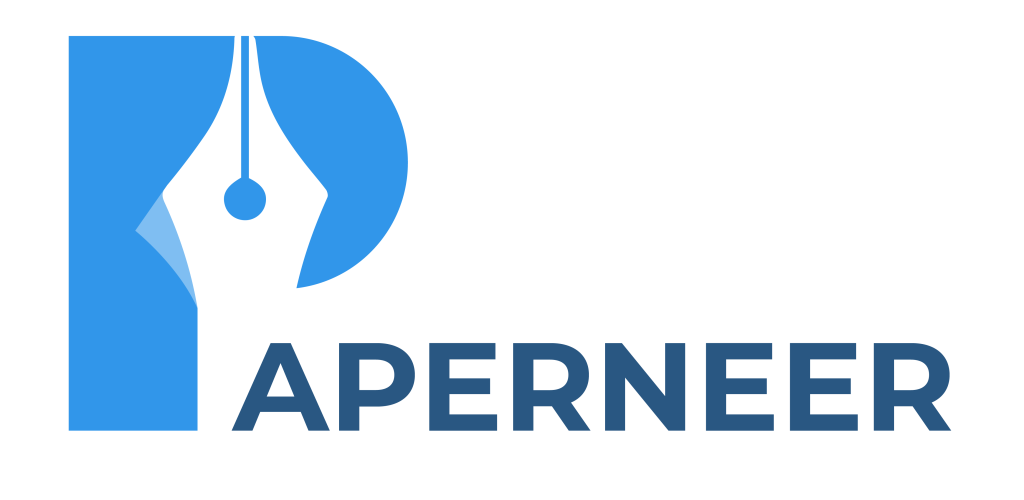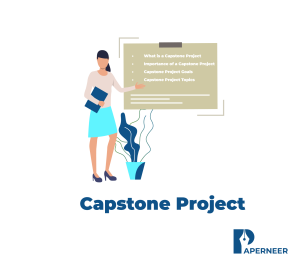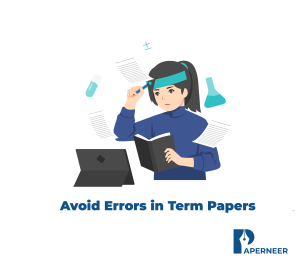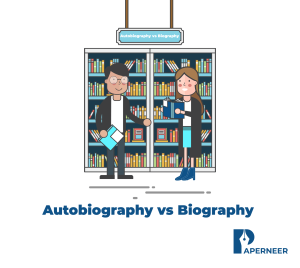Capstone Project – A Complete Guide A capstone project is sometimes the...
Read MoreTips for Writing a Dissertation with Consistency
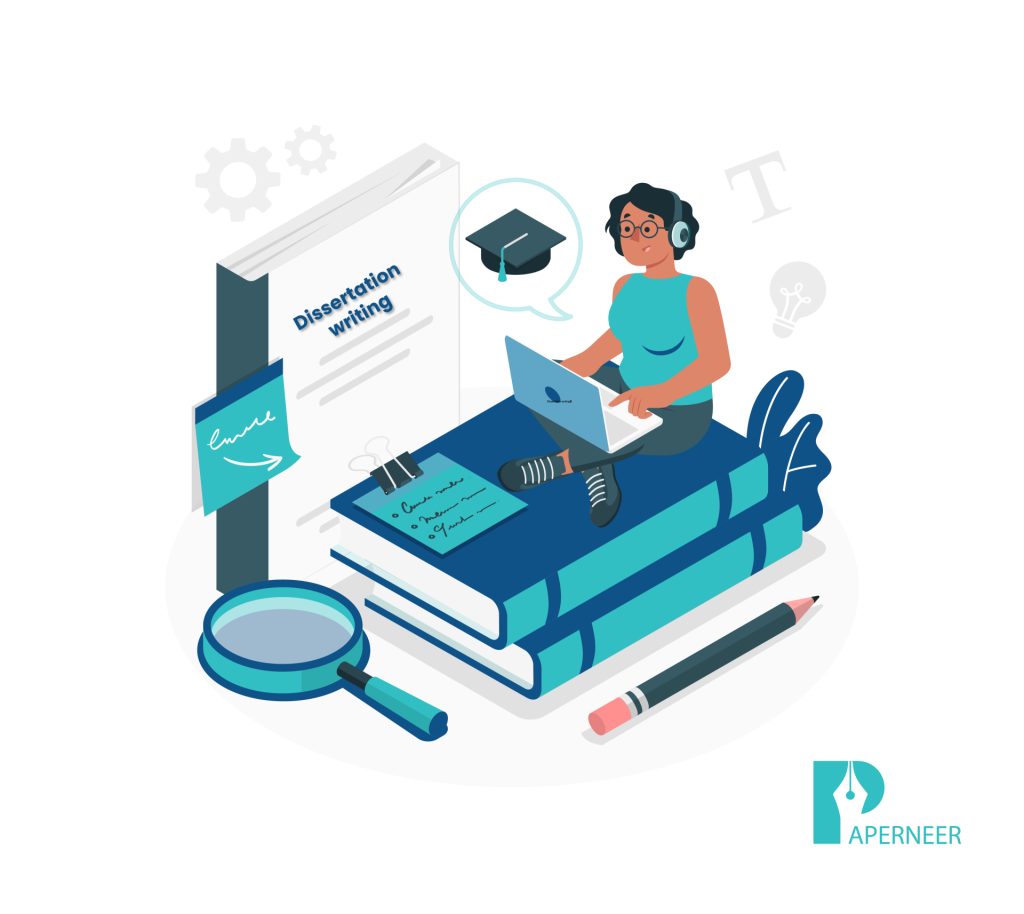
In an academic journey, one of the most challenging tasks is preparing your dissertation and the research paper. However, it no longer remains that tough if you start focusing on tips for writing a dissertation with consistency. Dividing your writing tasks for a specific number of days and for a specific amount of time a day can assist you best in writing a well-established dissertation.
This blog brings you tips for writing a dissertation with consistency along with the dissertation writing process, tools, and challenges.
What is a Dissertation?
A dissertation is a long academic paper based on unique research that you have conducted yourself. It is usually submitted as the final step toward completing a doctoral program. Your dissertation is probably the longest piece of writing you will ever write. It requires strong research, writing, and analytical skills, and it can be difficult to know where to start. A dissertation may be interchangeably used as a thesis paper or research paper but you have to keep in mind that a dissertation is way more elaborate and lengthier than a thesis paper. The ambiguity arises because the terminology is used differently in different countries. For example, in the United States, a thesis is used to complete a doctorate, while a dissertation is used to complete a bachelor’s or master’s degree. In the United Kingdom and Ireland, the roles are reversed and dissertations refer to bachelor’s degrees.
A dissertation can be empirical or non-empirical depending on the topic of study. Empirical studies (or quantitative dissertations) are very common in the sciences; they require students to collect original data while also reviewing the research methodologies used. On the other hand, non-empirical dissertations (or qualitative dissertations) rely on existing data, but students are expected to provide unique and imaginative analyses.
Writing a Dissertation Fifteen Minutes a Day
While it might seem challenging, maintaining consistency in dissertation writing becomes easier with these tips to set your routine and keep consistency in your dissertation writing journey:
Microtasks:
Break your work down into manageable tasks (e.g., write 100 words, edit a paragraph, or review a source). Set a clear goal before starting each session.
Maintain Consistency:
Make it a daily habit to write for at least 15 minutes. Consistency promotes momentum.
Track Progress:
Keep track of your daily work with a progress tracker or journal. This will help you stay motivated.
Pomodoro Technique: Set a timer for 15 minutes to work undisturbed. This way, you can concentrate better and use your time more effectively.
Avoid perfectionism:
For early writing sessions, just keep writing. You can review it all later, but these short sessions aim to generate material.
Take advantage of peak focus, whether early or late:
Schedule your 15-minute writing sessions for times of the day when you are most alert and focused.
Eliminate distractions:
Close extraneous tabs, set your phone to silent, and create an environment in which you can fully concentrate.
End with a Plan:
Use the final minute or two of each session to plan what you will do in the next 15-minute period. This makes it easier to continue where you left off.
Celebrate tiny wins:
Recognize that even modest steps forward are progress. Integrate the edit later.
Avoid Extensive Editing at this Stage:
When you’re writing, don’t get lost in extensive editing at an early stage. Defer major changes to longer sessions when you have more time.
Writing a thesis in small, consistent bursts will help you gain momentum and avoid burnout.
Dissertation Writing Process
The thesis writing process consists of various essential phases:
Choose a search topic:
Choose an interesting manageable, original, and relevant topic for your field. Provisional research includes the evaluation of previous studies to find gaps and generate new topics. Focus on a specific and searchable problem.
Research proposal:
Create a proposal that includes research questions, objectives, research in literature, technology, and deadline. Get the supervisor’s approval.
Detailed Literature Review:
Investigate academic sources thoroughly, critically assess significant themes, and develop a research framework.
Methodology Development:
Select a study design for your dissertation such as qualitative, quantitative, or mixed methodologies, organize data collecting, address ethical concerns, and undertake pilot testing as needed.
Collection of data:
Systematically collect the data, keep specific records, and adapt your strategy if necessary.
Data analysis:
Use appropriate tools to assess data, understand the results, and remain objective.
Writing:
Create sections based on your outline or format, particularly the introduction, the preview of the literature, the methods, the results, the discussion, and the conclusion. A coherent improvement to your dissertation is important.
Revision:
Revise the first draft, request comments, and improve clarity and consistency. Proofreading involves correcting language, style, and formatting errors and ensuring readability.
Final submission:
Format the dissertation, perform a final check, and submit it.
Defense and revisions:
Prepare a defense if necessary and make post-defense revisions before final submission.
Tools for Writing a Dissertation
- Google Scholar is a free, easy-to-use website for finding academic articles, books, dissertations, and conference proceedings.
- JSTOR, PubMed, Scopus, and Web of Science are databases of academic publications and peer-reviewed articles that are commonly available in academic libraries. Zotero, EndNote, and Mendeley are reference management systems that let you collect, organize, and cite research materials.
- ResearchGate is a platform for accessing papers, interacting with researchers, and requesting full-text versions of articles.
- Evernote and OneNote are note-taking tools that help you organize your thoughts, record ideas, and store research materials in one place.
- Grammarly can be used for spelling and grammar correction as well as for plagiarism and AI detection.
- SPSS is a statistical analysis software that is commonly used for quantitative data in dissertations.
- NVivo is qualitative data analysis software that organizes and analyzes non-numerical or unstructured data such as interviews, surveys, and articles.
- Excel can be used to perform basic data analysis, organize tables, and create graphics.
- R/Python is for advanced statistical analysis and data visualization, particularly in quantitative studies.
- SurveyMonkey and Google Forms are tools for creating surveys and gathering data for research purposes.
Challenges of Writing a Dissertation
Writing a dissertation is a difficult task, and many students confront numerous problems along the way. Listed below are some of the most common challenges:
- Choosing a topic that is both engaging and feasible might be challenging. Students frequently struggle with choosing a broad or overly restricted topic.
- Balancing dissertation work with other obligations (e.g., classes, work, family) can be daunting, resulting in procrastination or hasty work. Keeping consistency in dissertation writing is one of the biggest challenges. However, the tips above can help to avoid procrastination.
- The sheer magnitude and complexity of a dissertation can be overwhelming, often resulting in paralysis where students don’t know where to begin.
- It can be difficult to maintain motivation over the long term, especially if development is slow or you are stuck in your writing.
- Students who worry about not writing well or producing substandard work may have difficulty making progress.
- Gathering enough data and finding reliable sources can be time-consuming. Additionally, some students have difficulty interpreting and analyzing data.
- Keeping track of multiple sources and formatting citations correctly can be challenging, especially when the citation style is unfamiliar. Many students suffer from postponement and leave tasks until the last minute, which can increase stress.
- Facing the contradictory comments of several superiors and supervisors can also be confusing.
- You can encounter challenges in collecting data, such as non-cooperative participants, technological difficulties, or insufficient survey answers.
Say goodbye to Mistakes in Term Papers
Avoid Errors in Term Papers Writing a theme may be a vital tutorial task that needs careful designing and...
Read MoreUnraveling the Stories: Autobiography vs Biography
Autobiography vs Biography Understanding the excellence between autobiography and biography is crucial for...
Read More